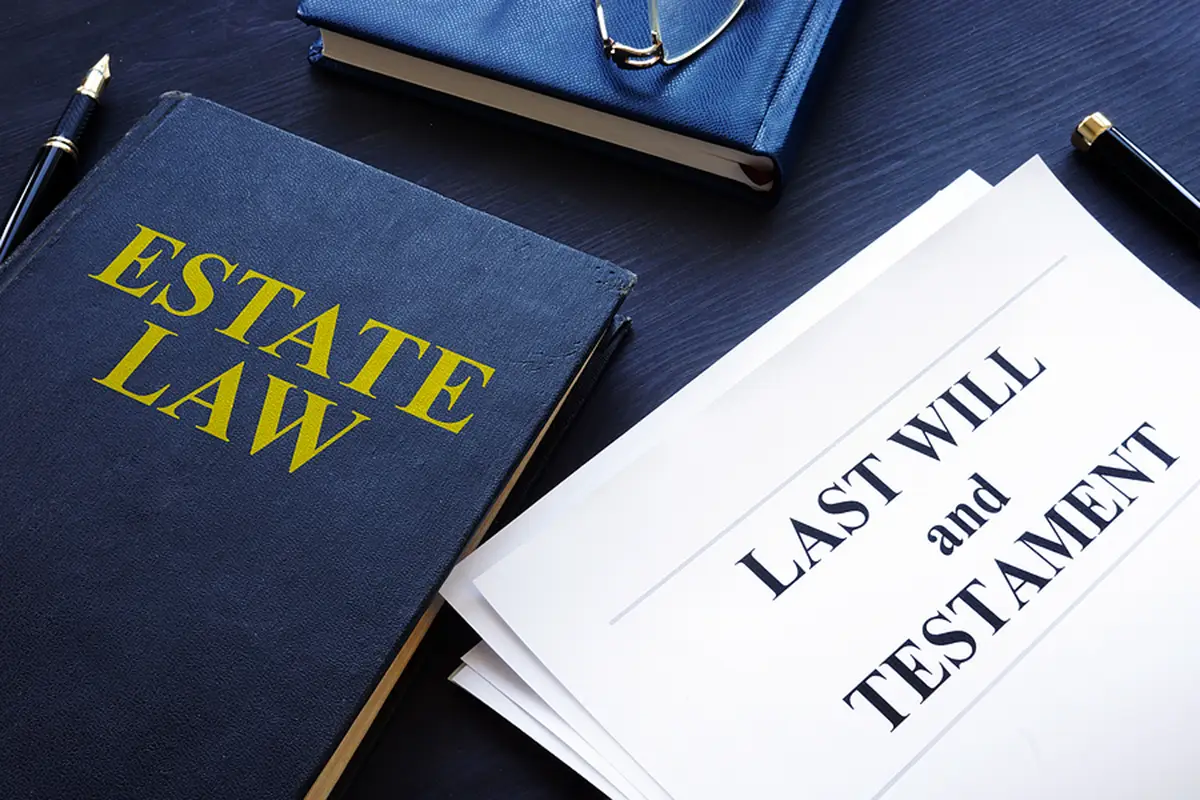
Everyone knows what a Last Will and Testament is. However, many Americans don’t have one, says a recent article from The News-Enterprise, “Why everyone needs a will.” Many people think they don’t need a Will until they have children, retire, or are nearing death; and many are are concerned about the cost. However, the truth is, any adult with mental capacity needs to have a Will. Every parent needs a Will; and anyone who owns anything, whether a car, home, or bank account, needs a Will. Anyone who is married or owns assets with named beneficiaries or joint ownership still needs a Will, which can be confusing to some people.
Here are some reasons why everyone needs a Will:
Owning assets together, as in joint ownership, or owning accounts titled with another person’s name, as in payable-on-death or transfer-on-death accounts, or owning assets with named beneficiaries, protect those specific assets from going through probate (a court proceeding). However, everything else in the estate still must go through probate.
With no Will in place, the decedent's State's statute determines who will receive any probate assets. However, even with all assets assigned to beneficiaries or joint owners, if there is a lawsuit over the death, the estate will receive assets from the lawsuit, and money will be distributed according to state intestacy laws if there is no Will.
With no Will in place that names an Executor, an Administrator must be appointed, and that can be an unnecessary expense, as well as it can become complicated if there are several possible people that want to be the Administrator.
When property is held in joint ownership, when the second owner dies, who will receive the property? In the same way, accounts with payable-on-death or transfer-on-death beneficiaries must consider what will occur if the beneficiary should die first. The property or assets may end up in probate anyway. If there is no will, the decedent's State’s intestacy laws will determine who receives the property. Many times, this may not be who the decedent would have wanted his/her assets to go.
Another common question about Wills concerns the need to work with an experienced estate planning attorney. There are other ways to prepare a Will on your own via the internet or even from an office supply store. Here’s the biggest problem with a do-it-yourself Will: If the Will is flawed because the person or online platform does not comply with the State’s laws of how a Will must be created and executed, the Will may easily be deemed invalid. If this happens, there is no way to fix the problem, and the person’s estate is subject to State statute.
There is no reason not to speak with an estate planning attorney to learn how different types of assets pass from one person to another, discuss the tax issues in estate planning, including how inheritance can impact beneficiaries, and what happens if unexpected events occur. Unintended consequences are expensive for surviving spouses and heirs and are more likely to result if no professional guidance is involved.
Even if you have a trust, you still need a Will. Trusts need to be funded for them to work. Sometimes, assets are left out of them. A provision can be included in the Will to “pour over” any assets that are not already titled in the name of a trust into the established trust.
Parents need Wills, so their minor children can be protected, as Guardians of minor children are appointed within your Will, and you also may want to set up that your children receive their inheritance in incremental amounts. The courts look heavily to a Will when they formally appoint a Guardian. This is a decision most parents would prefer to make themselves.
Reference: The News-Enterprise (March 2, 204) “Why everyone needs a will”
Free E-Newsletter – Subscribe Now
